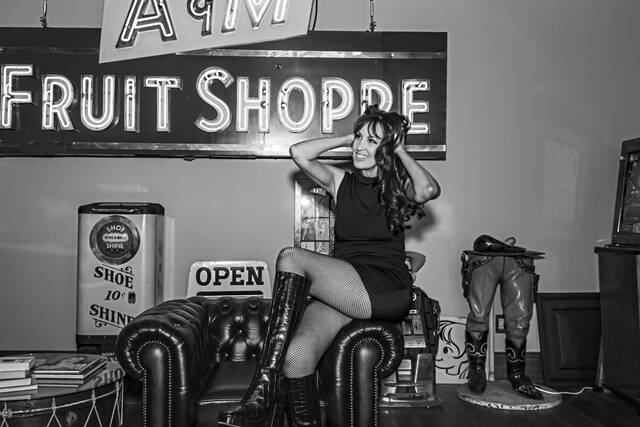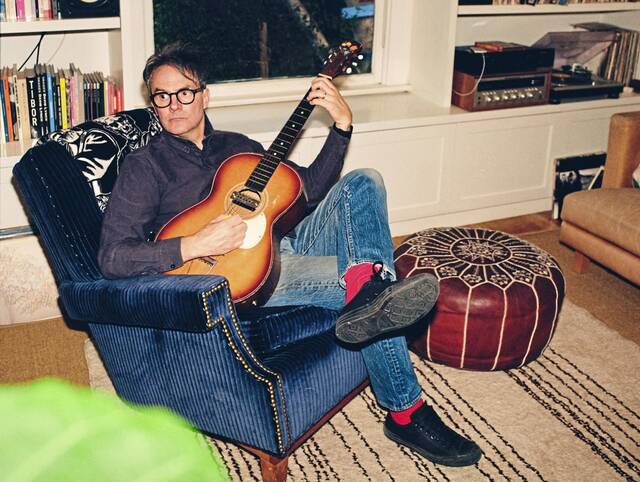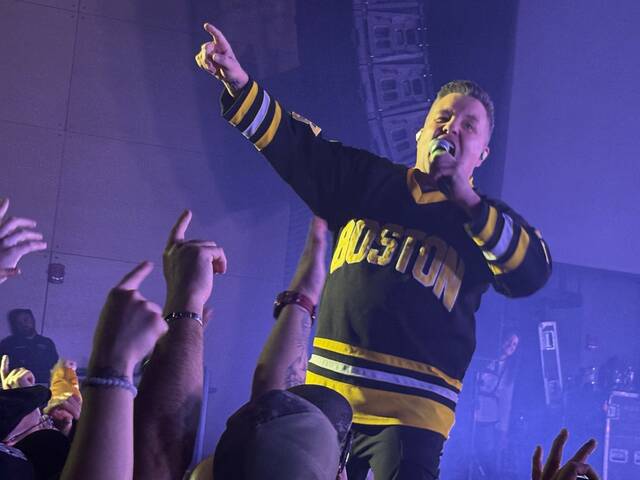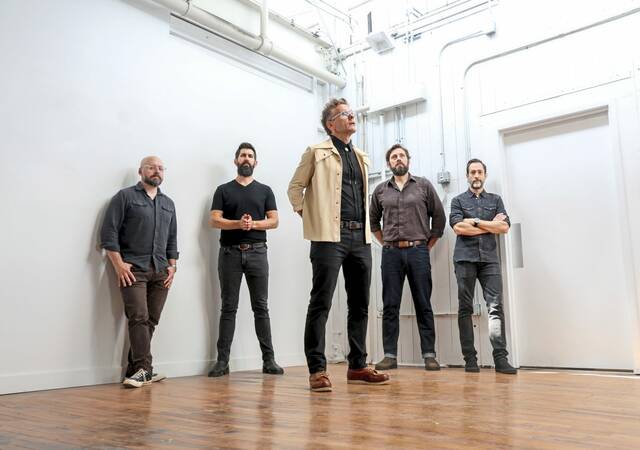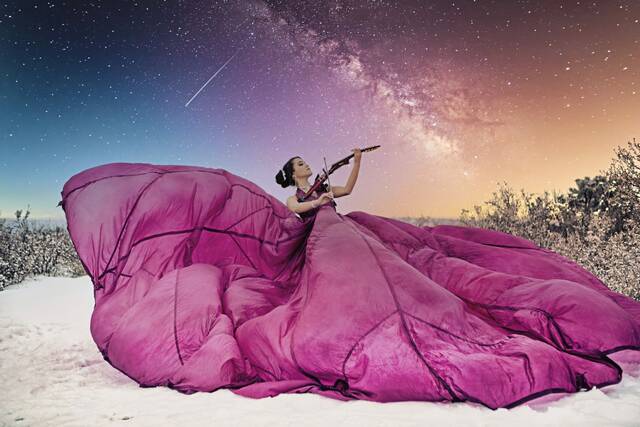Editor’s Note: The “Irish Rhapsody” concert has been postponed due to coronoavirus concerns.
The calendar helped provide focus for the Westmoreland Symphony Orchestra’s next concert. Spring temperatures happily arrived at the start of March, while the concert will take place a few days before St. Patrick’s Day.
Daniel Meyer will conduct the Westmoreland Symphony Orchestra in “Irish Rhapsody” on March 14 at The Palace Theatre in Greensburg. The program is Charles Stanford’s Irish Rhapsody No. 1, Carl Philipp Emanuel Bach’s Flute Concerto in D minor with Lorna McGhee as soloist and Robert Schumann’s Symphony No. 1 (“Spring”).
The concert will start with a romantic-era Irishman’s take on “Danny Boy.” Stanford was born in Dublin to a comfortable and musical family in 1852 and showed serious talent as a boy. He went to college in London and finished his musical studies in Germany. He was a prolific composer, often working with Irish themes, and a distinguished teacher whose students includes some of the leading lights of English music.
Meyer says he’s never conducted any Stanford before now, but loves how the Irish Rhapsody No. 1 is “Irish folk music through the lens of a Richard Wagner orchestra. It’s real charming, sometimes a little saccharine, but by and large a pretty nicely constructed piece.”
The evening’s concerto will be a surprise for most listeners because it’s little known despite being a masterpiece. The composer was one of Johann Sebastian Bach’s sons, who was employed by Frederick the Great, the king of Prussia and a serious amateur flutist. CPE Bach wrote six flute concertos and 23 flute sonatas.
“I actually think this is my favorite flute concerto. I just love it,” says McGhee, who is principal flute of the Pittsburgh Symphony.
“First, it has the most sublime slow movement,” she says. “It’s just so sonorous and melodic and heart-felt. I think it’s gorgeous writing for the flute. The last movement is as virtuosic as the (Jacques) Ibert concerto but it’s also fun. It’s like a lightning storm, so full of energy and rhythmic vitality. The concerto is a complete package. It’s got substantial and beautiful melodies and is really well balanced.”
Meyer will be revisiting Schumann’s “Spring” Symphony when he leads it to conclude the concert. It was one of the first pieces he conducted. At the time, he was a Rotary Ambassadorial Scholar at the Vienna Conservatory in Austria and says he found the experience “an absolute thrill and also a terror.”
The music director loves Schumann’s music and admires the way his gifts as a composer of songs “infiltrates the symphonies.” He still finds the “Spring” Symphony fresh sounding and individualistic.
“You definitely hear tinges of Beethoven, but I think Schumann found his own way with the orchestration and the repetitive nature of the melodies,” he says. “It has an incredible inner spirit and inner life, and a lot of that is related to the rhythmic activity.”



